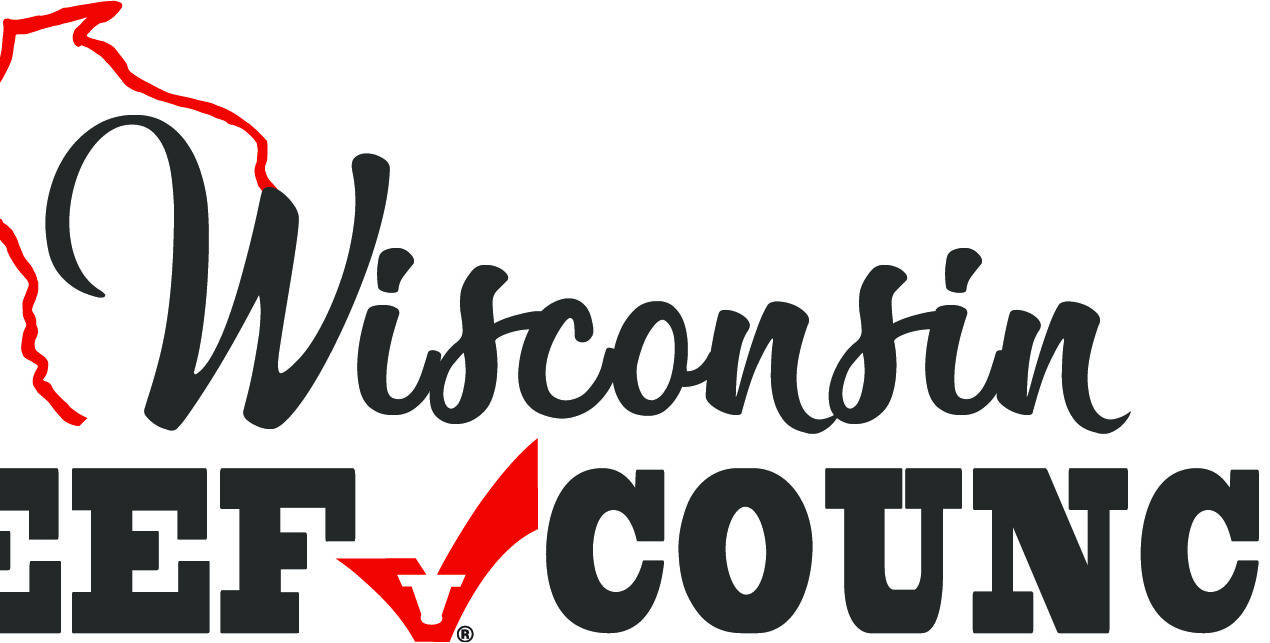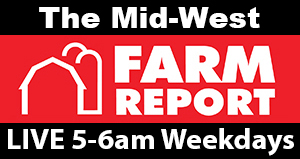
The Wisconsin Beef Council, in partnership with the U.S. Meat Export Federation, a contractor to the Beef Checkoff, recently hosted a trade team of Japanese foodservice representatives to showcase the diversity and quality of beef raised and processed in- state. The tour was funded through one of the Wisconsin Department of Agriculture’s Ag Export Initiative grants received by Wisconsin Beef Council, and also had some support through the Wisconsin Corn Promotion Board.
On-farm visits helped the Japanese visitors understand the dedication to animal care, sustainability, production practices and genetics used by Wisconsin farmers. Tour hosts included Huth Polled Herefords and S&H Livestock Enterprises, LLC, Oakfield, where the guestsexperienced a cow-calf operation that produces top notch registered Hereford genetics and focuses on crossbreeding Angus and Hereford cattle to produce high-marbling livestock for commercial use.
Ebert Enterprises in Algoma was the second farm visited. The team at Ebert’s, including family
members Randy and Renee along with their children Jordan and Whitney, milk 4,200 cows in a
rotary parlor. They are also crossbreeding the bottom half of the dairy herd to Angus and feeding
those cattle out to enter the beef supply.
Additionally, the visitors toured in-state packers to elevate their understanding of the type of
cattle harvested and processed here, along with the range of products and beef quality grades
available for export. Stops included:
- Haen Meats – this full-service meat market does custom slaughtering and has a modern retail case featuring fresh, cured and smoked meats and sausage products. Phil Schmidt, owner, provided a tour of their harvest floor, cooler and, along with his staff, broke down a half carcass. Guests were interested in learning more about how they can maximize underutilized cuts to reduce the amount of beef going into trim.
- American Foods Group – the team toured the entire plant in Green Bay, from harvest to fabrication of beef cuts. They expressed great interest in variety meats, including tripe, tongue and liver. There was extensive focus on beef safety and inspection. In addition, guests enjoyed meals at two area Green Bay restaurants that serve beef sourced from American Foods Group – Hagemeister Park and Chefusion.
- JBS – the group learned about the beef programs provided by the Green Bay plant, were able to see carcasses in the cooler representing those programs and viewed specific cuts of interest. Following the plant visit, JBS provided samples of Strip Loins from various quality grades, Hanging Tenders, Chuck Roll, Outside Skirt and Top Blade Filet, along with lunch featuring a choice Strip Steak. The samples and lunch were served by the team at Hotel Northland.
Other stops included a tour of the meat department of the Hy-Vee store in Ashwaubenon, a short rib dinner at Lodge Kohler’s Taverne in the Sky, and a stop at a local Culver’s restaurant.
Tatsuru Kasatani with the Tokyo office of the U.S. Meat Export Federation says that while Japan reopened to imports of U.S. beef from cattle over 30 months of age in 2019, prospective buyers have had limited opportunities to visit the United States due to the COVID pandemic. With travel restrictions now lifted, “we enjoyed visiting the Wisconsin beef packing plants and cattle operations to see how product is made. We wanted to see the high quality of the cow products by viewing the carcass, along with cuts like tongue, short plates, chuck rolls and clods as we have some eating cultures to utilize that.”
“One main thing we like to know and learn is about the dairy industry, which is very popular in the Wisconsin state. It was a very good occasion to see both the beef and dairy industry and see the diversity of the product, including the cow product which the Japanese can start to import again.”
“The Wisconsin Beef Council has focused on marketing our high-quality beef in overseas markets for a number of years, as we recognize that 96% of the population of the world resides outside of our U.S. borders,” says Tammy Vaassen, Executive Director of the Wisconsin Beef Council. “By bringing groups like this to Wisconsin, it helps them understand the dedication to animal care, the environment, food safety and the quality product that we’re raising domestically. Partnering with USMEF, we can help educate foreign customers and help grow markets by developing relationships, understanding the needs and helping to connect the buyers to the sellers who can provide the desired products. These efforts can add value to the beef carcass and create new markets for products produced, but not necessarily in demand, here in the U.S.” She adds, “We are grateful for the Wisconsin Ag Export Initiative grant that we received, as it allows us to extend efforts beyond our Beef Checkoff investments to reach additional markets and buyers.”

Leave a Reply